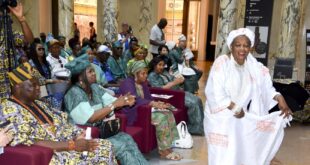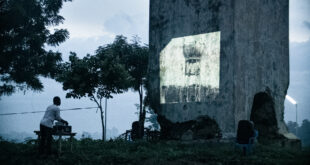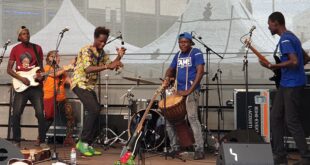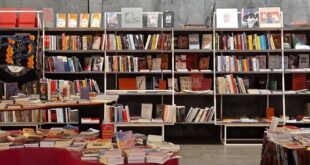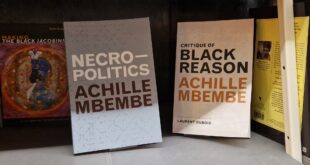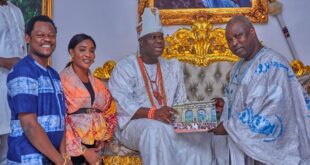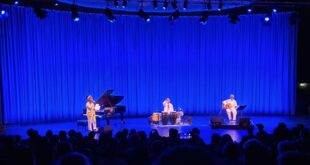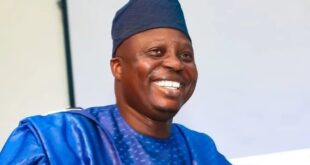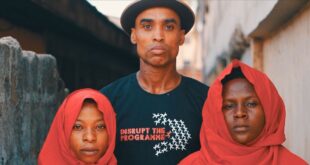Based in the Bavarian capital, he is omnipresent on the contemporary art scene. In 2011, Okwui Enwezor became the first non-European director of a German art institution. Since then, he has been successfully running Munich’s “Haus der Kunst” (House of Art).
Born in Nigeria in 1963, Enwezor studied literature and political science in New York. His breakthrough came in 1996 with the exhibition “In/sight. African Photographers, 1940 to the Present” at the New York Guggenheim Museum. After curating various major exhibitions, he came to Germany in 2002 to run the world’s largest art exhibition: documenta 11 in Kassel.
His was artistic director of the 56th Venice Biennale [9 May – 22 November 2015], the latest in a series of successes worldwide. The exhibition in Italy, under the title “All the World’s Futures”, showed works by 136 artists from 53 countries.
“Okwui Enwezor’s research focuses on the complex phenomenon of globalisation and how it is related to being rooted in a certain place. Okwui does not attempt to pass judgments or make predictions; rather, he wants to bring art and artists together from all over the world,” says Biennale president Paolo Baratta.
Accordingly, Enwezor placed emphasis on the work of African artists: “I reject the idea of seeing Africans only as refugees and associating an entire continent exclusively with such problems.” The heart of the Biennale is the “Arena” in the central pavilion, designed by the British-Ghanaian architect David Adjaye, where actors read Karl Marx’s Das Kapital.
“I wanted to begin with very clear things, and for me this means a return to a pre-visual dimension of human experience: to words – what they mean, how they are pronounced, how they are quoted. The ability to say it the way I say it epitomises resistance,” says the self-taught art expert. In this way Enwezor goes full circle from curator and art manager to literary and political scientist.
© Deutschland.de
 THE AFRICAN COURIER. Reporting Africa and its Diaspora! The African Courier is an international magazine published in Germany to report on Africa and the Diaspora African experience. The first issue of the bimonthly magazine appeared on the newsstands on 15 February 1998. The African Courier is a communication forum for European-African political, economic and cultural exchanges, and a voice for Africa in Europe.
THE AFRICAN COURIER. Reporting Africa and its Diaspora! The African Courier is an international magazine published in Germany to report on Africa and the Diaspora African experience. The first issue of the bimonthly magazine appeared on the newsstands on 15 February 1998. The African Courier is a communication forum for European-African political, economic and cultural exchanges, and a voice for Africa in Europe.





